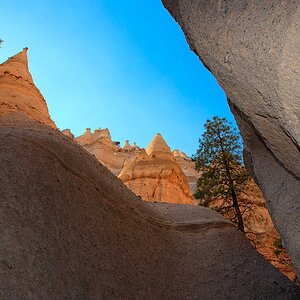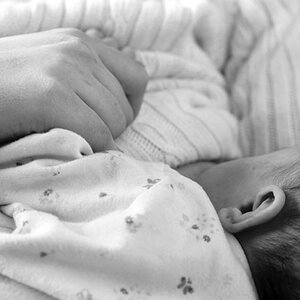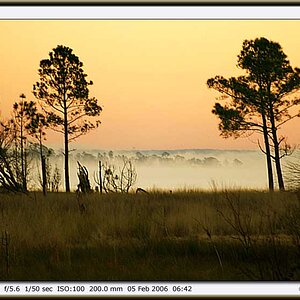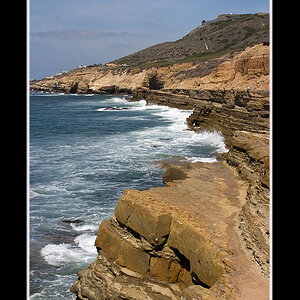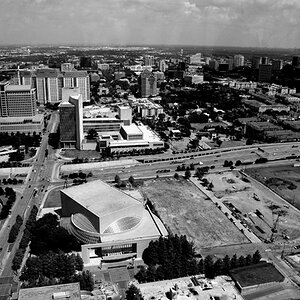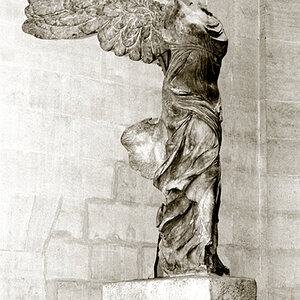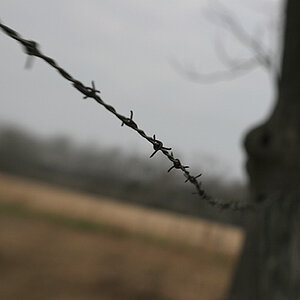ShutterSpeed
TPF Noob!
- Joined
- Dec 8, 2008
- Messages
- 381
- Reaction score
- 1
- Can others edit my Photos
- Photos NOT OK to edit
^^^ to be honest, your issues with night photography may be more you than the camera in that case. (not that I want to overly defend the D40, but I wouldn't want you to spend $1000 on a camera and find the same results.)
Question... are you shooting your dark photos in Auto mode, perchance? Or manually turning up the ISO?
I no longer use Auto. Depending on the shot, i'm running a pretty high ISO..usually between 800 - HI.
If you look at the night photo i took of the waterfall in another thread, it didn't come out grainy. But I took a few photos on the university campus nearby that came out grainy on a long distance shot of a building for the architecture competition.
Would it be less grainy if I lowered the ISO and lengthened the exposure?
EDIT: Also, based on what I've read there are significant differences between D40 and D40x. The D40X essentially using the same sensor as the D80 concerns me about the D80. However, i'm looking at least at a D90 now, but that might change. This might have to be something that I suck it up and go big, but I don't want to go that big into what is currently a hobby hoping for a profession and find I've basically wasted time and money. So i'm okay with starting slow and building up to what you guys have.


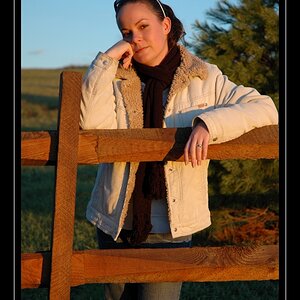
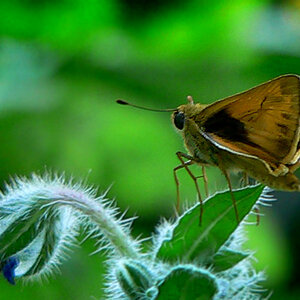
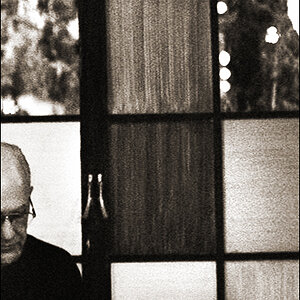
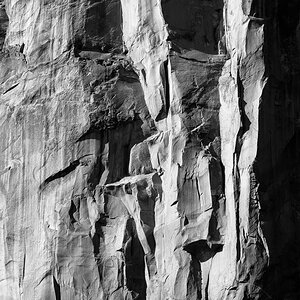
![[No title]](/data/xfmg/thumbnail/35/35865-5006be46d328277e5a956fa323782d97.jpg?1619737192)
